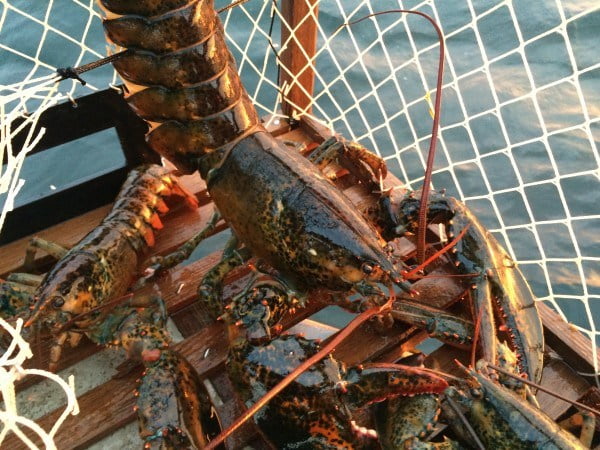
November 18, 2020
Late last week the Department of Fisheries and Oceans Canada (DFO) issued a statement claiming excessive fishing in St. Peter’s Bay and their concerns about it impacting the long-term sustainability of lobster.
The Mi’kmaq of Nova Scotia, since time immemorial, have also shared concerns about sustainability of all species, and have long-held traditions that specifically speak to the topic of conservation.
Mi’kmaw Community Livelihood Plans are being developed with the philosophy of Netukulimk as a central focus and as a standard, which further supports the Mi’kmaq concerns on the health and well-being of the environment and all living things among it. This is precisely why the Mi’kmaq communities fishing under a Community Netukulimk Management Plan have been very transparent with the Department of Fisheries and Oceans Canada (DFO) on the access the Mi’kmaw Harvesters will have to the water.
“We have provided DFO an overview of the number of tags that will be harvested under our Plan and how many of those tags are actively in the water,” said Chief Wilbert Marshall, Potlotek First Nation. “In fact, we are fishing fewer traps than what has been authorized in our plans and any traps in the water that are not properly tagged, do not belong to our harvesters.”
The Assembly of Nova Scotia Mi’kmaw Chiefs have attempted to work with DFO and have provided several solutions on how we can work together to verify the reporting of traps. None of these options have been accepted by DFO.
“While we have been open with DFO, they are refusing to share their data and reporting numbers with us,” said Chief Leroy Denny, Eskasoni First Nation. “They know exactly what our harvesters are doing and what they are putting in the water. If DFO’s Conservation and Protection Officers want to look at traps, we will comply; but seizing traps that are authorized under our Plans is not acceptable.”

